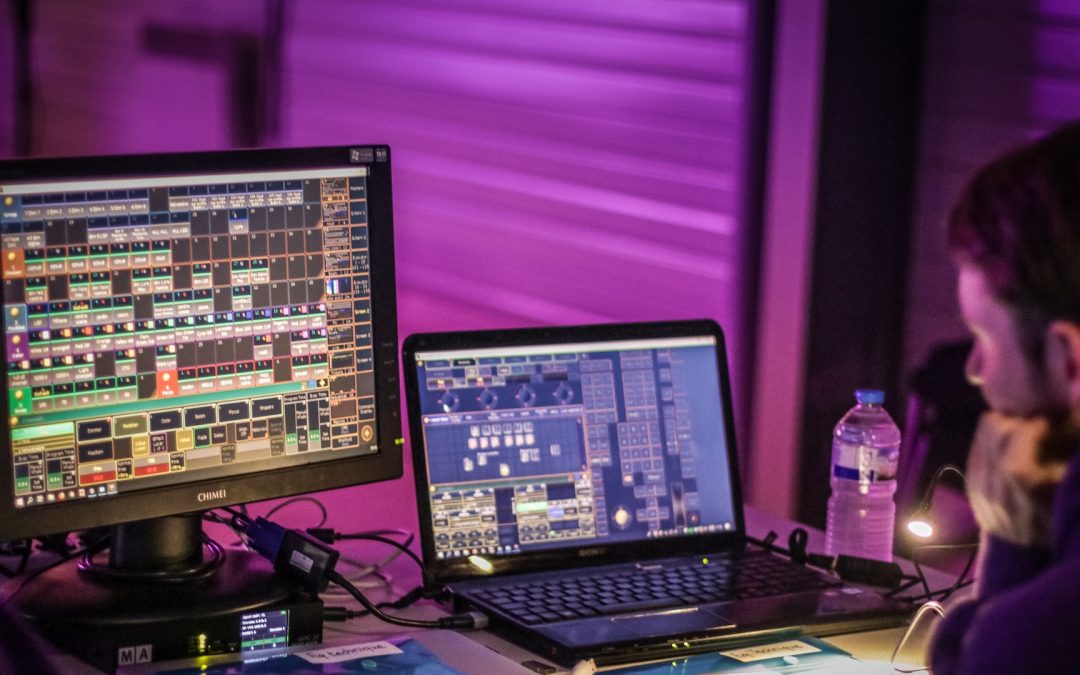Funded projects in 2023
In November 2022, the Data Intelligence Institute of Paris (diiP) selected 12 interdisciplinary projects using data science and machine learning. They will run from January to December 2023, and consist of 9 master’s internships and 3 strategic projects. Learn more below.

Strategic Projects
Computer Science
Multimodal assessment of the depth of sedation of severely ill patients in intensive care unit
Other relevant disciplines: Mathematics/Statistics, Engineering, Medicine, Neuroscience
Abstract to be updated soon.
Key words: anesthesia, signal processing, symbolic representations, physiological signals
Project coordinator: Laurent Oudre (Université Paris Cité)
Semantic coherence integration for optimizing imaging retrieval systems in radiology
Other relevant disciplines: Medicine
Abstract to be updated soon.
Key words: medical imaging, computer vision, content-based image retrieval, deep learning, feature extraction, metric or ranking learning
Project coordinator: Florence Cloppet (Université Paris Cité)
Deep Learning-based EEG Epilepsy Detection and Analysis
Other relevant disciplines: Medicine
Electroencephalogram (EEG) is one of the most common and essential medical signal collected by neural scientists for the analysis of nerve diseases. With the rapid development of medical instruments and data collection techniques, EEG analysis has also been witnessed a dramatic progress. One important problem of EEG analysis is epilepsy pattern detection and analysis. Epilepsy is a brain disease generally associated with seizures, deteriorating the life quality of many patients. This internship targets to design effective deployment schemes of modern deep learning techniques on EEG Epilepsy detection, with a focus on real-world applications for neural scientists.
Key words: EEG analysis, epileptic pattern detection, deep learning, active learning
Project coordinator: Qitong Wang (Université Paris Cité)
Master’s Projects
Biology
Mining molecular dynamics open data
Other relevant disciplines: Computer Science, Linguistics
Abstract to be updated soon.
Key words: RNA modeling, force-field optimization, biomolecular simulations
Project coordinator: Pierre Poulain (Université Paris Cité)
Prediction of protein-carbohydrate binding sites using deep learning methods
Other relevant disciplines: Computer Science, Mathematics/Statistics, Chemistry, Bioinformatics
Abstract to be updated soon.
Key words: protein-carbohydrate interactions, deep learning, structural bioinformatics
Project coordinator: Tatiana Galochkina (Université Paris Cité)
Computer Science
OpenStreetMap and Sentinel-2 data for the production of environmental indices for demographic studies
Other relevant disciplines: Demography
Abstract to be updated soon.
Key words: Remote sensing, Demography, Deep learning, Sentinel 2, OpenStreetMap, Local climate zones, Africa
Project coordinator: Sylvain Lobry (Université Paris Cité)
Deep learning to model genetic pleiotropy to understand the human genetic architecture
Other relevant disciplines: Mathematics/Statistics, Biology
Abstract to be updated soon.
Key words: Pleiotropy, Deep Learning, Convolutional neural network
Project coordinator: Marie Verbanck (Université Paris Cité)
Generalization of a method enabling to update vineyard geographic databases from satellite data
Other relevant disciplines: Earth Sciences/Geosciences
Abstract to be updated soon.
Key words: image time series analysis, deep learning, optical satellite imagery, agriculture monitoring, crop type mapping, vineyard, VENUS images
Project coordinator: Camille Kurtz (Université Paris Cité)
Diffusion Models Based Unpaired Image-to-Image Translation to Reveal Subtle Phenotypes
Other relevant disciplines: Mathematics/Statistics, Biology, neurodevelopment
Unpaired image-to-image translation methods aim at learning a mapping of images from a source domain to a target domain.Recently, these methods proved to be very useful in biological applications to display subtle phenotypic cell variations otherwise invisible to the human eye. However, current models require a large number of images to be trained, while most microscopy experiments remain limited in the number of images they can produce. In this work, we present an improved CycleGAN architecture that employs self-supervised discriminators to alleviate the need for numerous images. We demonstrate quantitatively and qualitatively that the proposed approach outperforms the CycleGAN baseline, including when it is combined with differentiable augmentations. We also provide results obtained with small biological datasets on obvious and non-obvious cell phenotype variations, demonstrating a straightforward application of this method.
Key words: Image-to-image translation, Deep generative models, Diffusion models, Subtle Phenotypes, Neurodevelopment
Project coordinator: Valérie Mezger (Université Paris Cité)
Earth Sciences and Geosciences
Enhancing earthquake location with domain adapation
Other relevant disciplines: Mathematics/Statistics
Abstract to be updated soon.
Key words: Domain adaptation, machine and deep learning, volcano-seismology, earthquake catalogs
Project coordinator: Léonard Seydoux (IPGP)
Mathematics and Statistics
Exploration of press articles related to Covid-19 at the European level within the Covid-19 Museum
Other relevant disciplines: Computer Science, Mathematics/Statistics, Linguistics
Abstract to be updated soon.
Key words: Covid-19 Museum, Newspaper analysis, Timeline
Project coordinator: Yves Rozenholc (Université Paris Cité)
Physics & Astronomy
Machine Learning for Photometric redshift estimation of LSST galaxies
Other relevant disciplines: Computer Science, Mathematics/Statistics
Abstract to be updated soon.
Key words: machine learning, convolutional networks, astrophysics
Project coordinator: Simona Mei (Université Paris Cité)
À lire aussi

diiP Summer School: June 10-14, 2024
The diiP is organizing a Summer School on Data Science (with a focus on deep learning data analytics techniques), on Jun10-14. Read the details below, and register now! The first diiP Summer School on Data Science (dSDS) will be held...

diiP Projects Day: December 6th, 2023
Join us for the diiP Projects Day, an in-person event that will highlight past and upcoming projects, offer opportunities for discussions and networking, and host Prof. Joseph Sifakis (Turing Award winner, 2007) for the last Distinguished Lecture of 2023....

2024 internship opportunities for Master’s students
Below are listed internship opportunities currently offered by diiP. These offers are open to second year Master’s students. Supervised by: Nicolas Loménie (Université Paris Cité) Description: Digital Pathology is on the rise. Most...

LRCS is looking for an AI Engineer for the PEPR Battery OpenStorm Project
The Laboratoire de Réactivité et Chimie des Solides is looking for an AI engineer for the PEPR Battery OpenStorm Project (France2030). The LCRS; located in Amiens, France, is looking for an AI engineer to help in the development of...
